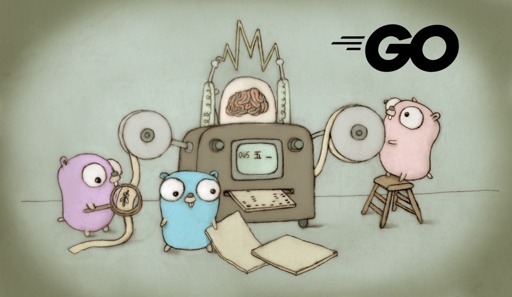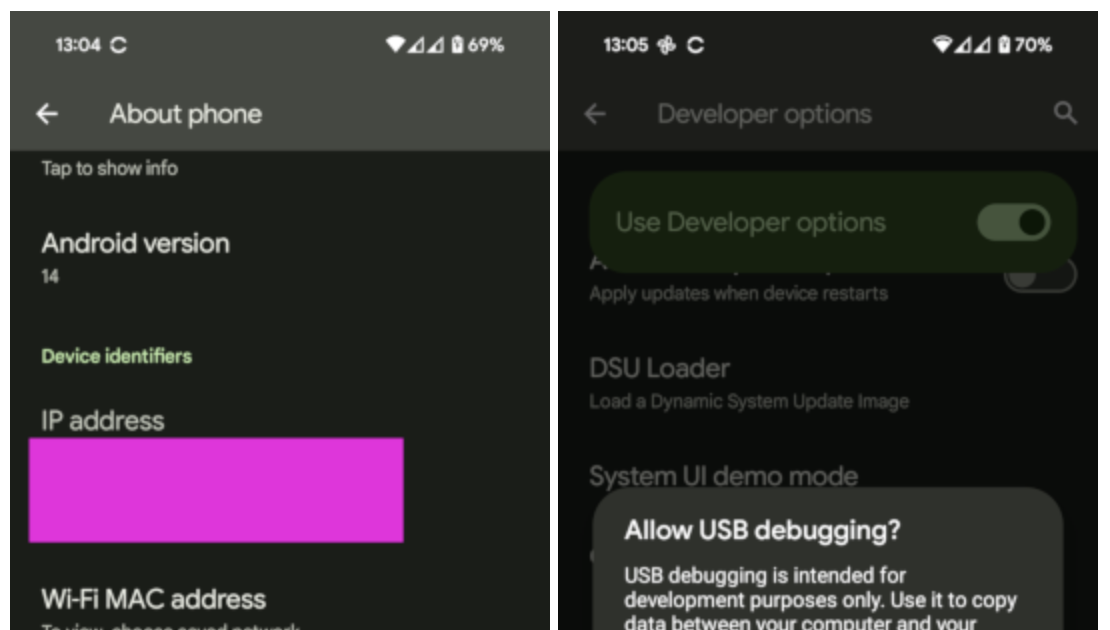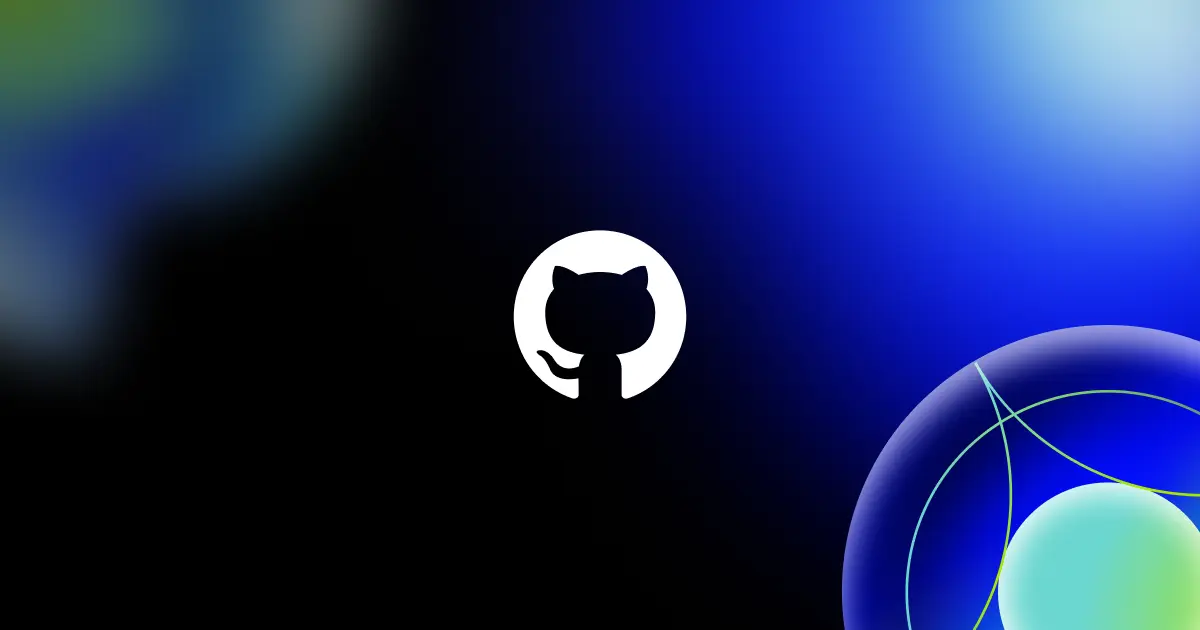SDFer '09
- 16 Posts
- 9 Comments

 9·8 months ago
9·8 months agoIf you can write correct C++ you’ll be able to write Rust code that compiles first time. Don’t stress, you’re learning the good stuff.

 3·9 months ago
3·9 months agoI probably wouldn’t bother. I can think of two scenarios you might get spied on.
- Through your browser you’ve granted a website access to your webcam (Zoom etc.) and left a tab open. Maybe it could activate it when you weren’t expecting?
- Someone has used a vulnerability to take control of your computer to the degree it can access your webcam directly. Desktop linux software doesn’t usually have meaningful isolation between software running as the same user, so at this point they can grab all your data, passwords, take screenshots, etc. and the webcam is just the cherry on top.
I expect most people don’t do (1) very often, let alone for sketchy websites, so IMO it doesn’t make much difference either way.

 2·1 year ago
2·1 year agoI was comparing frozen diced veggies a couple of years back (in Australia) and noticed that the store-brand version was approximately 1/3 broccoli stems by volume, which certainly explained the cost difference.

 51·1 year ago
51·1 year agoNothing in tech stands still. If you want a glimpse of a possible alternative future check out Pijul. And I don’t know an example off-hand but the idea of doing version control on ASTs of program code rather than flat text is an interesting concept that hasn’t taken off yet.

 91·1 year ago
91·1 year agoI’d rather go to the local library and ask the clerk for a search term
Sounds kind of relaxing tbh

 3·1 year ago
3·1 year agoYou’re putting yourself in a tough position by asking for both E2EE and the ability to use from a browser. You have to trust the web app each time you open the page, and hope that they haven’t altered the deal to simply grab your data after it’s been decrypted by your password. I have no idea how likely it is that Standard Notes would do that but I’d reconsider the browser requirement specifically if E2EE is non-negotiable for you - an offline open source client program would be a much stronger position.
For my money, I use local text files and SyncThing but it’s probably not spiffy enough for many people/purposes.

 6·1 year ago
6·1 year agoIME something like Signal is an easy sell since it’s simple and works well. For all the fair criticism about relying on phone numbers it makes the onboarding easy. For other things compartmentalising helps, e.g., “okay we’ll collaborate using this cloud file storage but I personally will be accessing it through the browser while keeping most of my files in a SyncThing over here”. While I self-host certain things I don’t volunteer to do that for family/friends because it will be too frustrating for everyone if/when I let them down.
In this kind of situation there’s a fine line between someone who maximises their privacy through tech decisions and someone who makes their “correct” tech choices their self identity. If you drift into the latter, being asked to compromise can feel like an attack, leading to overreacting and coming across as insecure and annoying. Not to psychoanalyse anyone in particular but sometimes I think people need a reminder.












Hmm wasn’t there some kerfuffle recently about how the kernel was going to start self-issuing CVEs en masse? Is this the result of that plan?